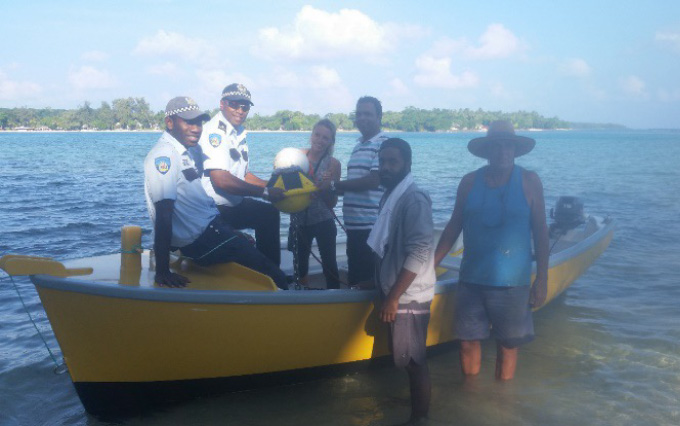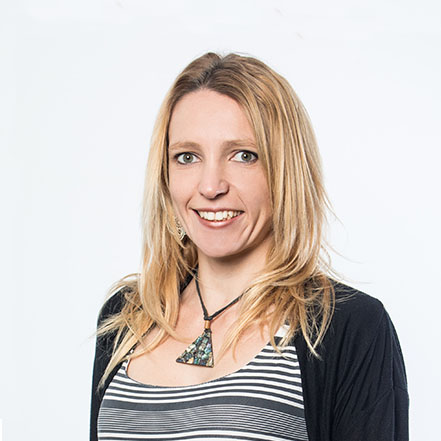
This paper is a story of our field data collection in Efate Island illustrating all the challenges and unexpected events. This data collection campaign was a great experience and has allowed to establish good connection with the local government, the University and local communities. The involvement of the local communities was found crucial to lead this monitoring campaign.
We wrote this story as a part of a special issue of the Journal of Coastal Research called “Stories from the Field, 50 Years of Coastal Fieldwork: 1970-2020”.
The study discussed in this paper is part of a Ph.D. research project led by Gaëlle Faivre, aimed at improving our understanding of coastal processes within the lagoon system using modelling and data analysis. The case study was Erakor lagoon in Vanuatu
We lead a-month data collection in Efate Island to be able to assess erosion, flooding and water quality risks in Erakor lagoon. We collected waves, water levels, currents, topography and water quality data.
The data collection was carried out during May 2019. Organising data collection in Vanuatu from Australia is very challenging, particularly with limited resources and the many unplanned situations that can happen once in the field. For example, instruments placed in the fields were often removed by the curiosity of local inhabitants. Community engagement was the key of this data collection. In Vanuatu, all lands are private, and authorization is required by the government and local chief to collect data.
This story shows how situations can change rapidly and how community engagement is important when deploying instruments in the context of South Pacific Islands. Good lessons were learnt from this data campaign for organising future data collection in Vanuatu or other South Pacific Islands. This data campaign ended by a workshop with the chiefs of Erakor and local communities to present them the preliminary results and we discussed the next steps of this research. Their involvement and motivation to find solution to protect their ecosystems and continue this research was very encouraging to lead this research and get successful outcomes.
Publication
Faivre, G., Aimbie, J., & Tomlinson, R. (2020). A Month of Data Collection in Vanuatu: From Scientific Work to Detective Work. Journal of Coastal Research, 101(sp1), 425-430. https://doi.org/10.2112/JCR-SI101-078.1
Acknowledgements
The authors are grateful to the Department of Water Resources of Vanuatu, the Office of the Maritime Regulator, and the University of South Pacific for supporting data collection in this study. Data collection was enabled by the support and involvement of the local communities and customary owners of the lagoons and associated land. This research was supported by a grant from a charitable organisation which neither seeks nor permits publicity for its efforts and under the approval of the research agreement between the cultural council and Griffith University.
The authors also thank the supervisors for their support conducting this research as well as the reviewers for their thoughtful comments and efforts towards improving our manuscript.
About the lead author:
Gaëlle Faivre
PhD scholar. Assisting with the EcoAdapt project on water quality in Port Vila, Vanuatu.
Request a copy of the article
If the download article link below doesn’t work, or leads to a page that requests payment, please click the link to the author profile above and request a copy directly and they will be happy to assist. Not all reviewed journal articles are published as ‘open access’, which are free to download.
